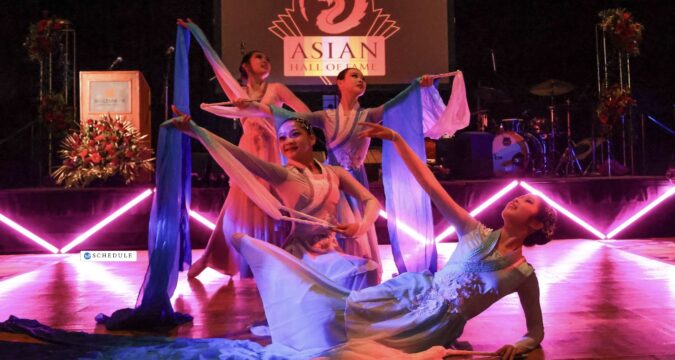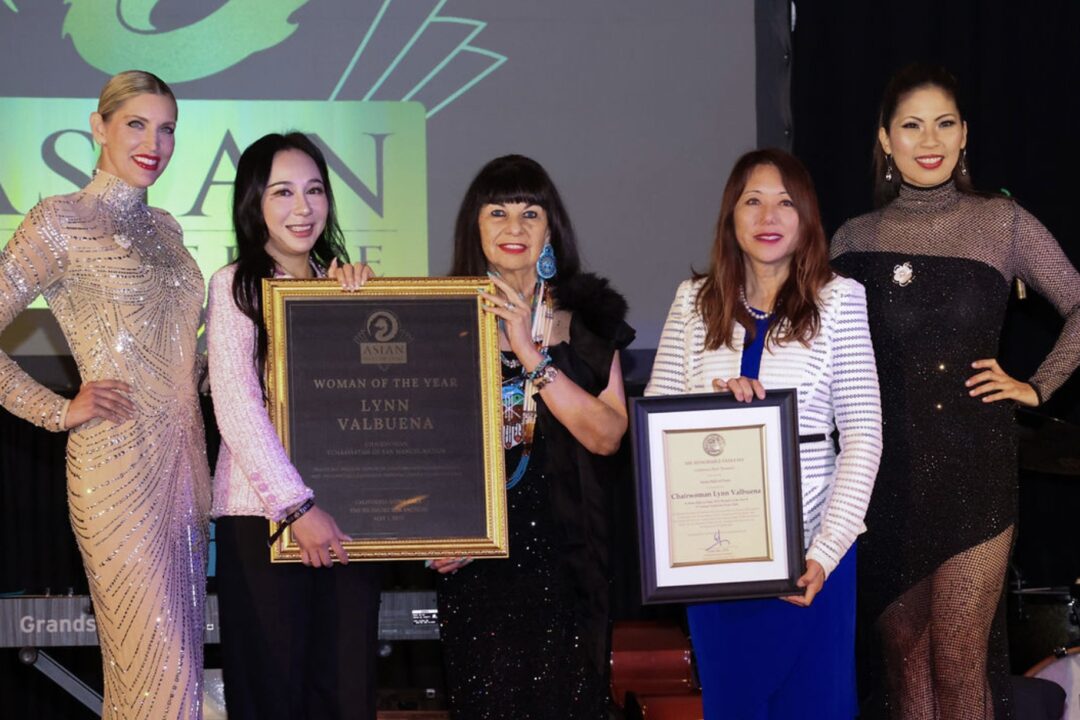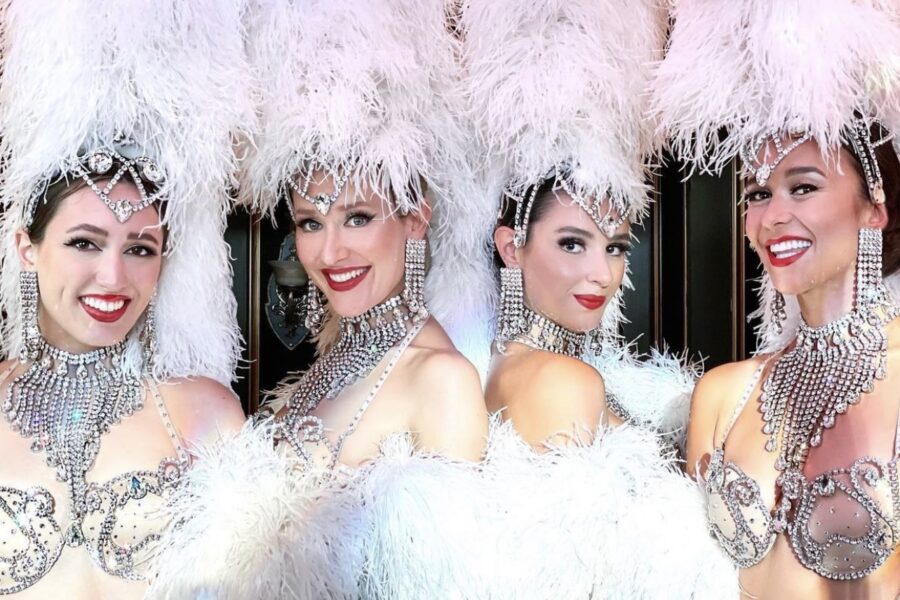
There are nights in Los Angeles when legacy doesn’t feel like a distant concept. It’s tangible, like silk sashes brushing marble floors, or the echo of violin strings in a ballroom built nearly a century ago. At the Biltmore Hotel—where presidents once stayed and old-Hollywood stars once smoked in side rooms—the 2025 Asian Hall of Fame California Icons Gala reminded its 150 guests that greatness doesn’t always announce itself. Sometimes it just enters quietly and gets to work.
The evening opened with a ribbon dance—graceful, practiced, traditional. But what followed wasn’t performance for performance’s sake. It was lineage. It was responsibility. California Treasurer Fiona Ma, honored as an inductee, stood without spectacle. “Quiet leadership is just getting things done,” she said. “It’s not about saying you’re doing it. It’s about doing it.” In a state that moves billions and houses millions, that kind of leadership means something—especially when it comes from someone who’s spent her career making room without making noise.

That same current carried through the room. The Woman of the Year, Chairwoman Lynn Valbuena of the Yuhaaviatam of San Manuel Nation, was honored not just for her heritage, but for her record—six terms on the oversight board, nearly half a billion raised for children’s organizations, and diplomacy that transcends borders. Cindy Y. Huang, a Board Governor and powerhouse in her own right, delivered the moment with steel and grace. “She holds up as a leader,” Huang said. “First as a woman. First in many ways.”
And then came the part that shifted the air in the room.
Kevin Kwan, the author whose Crazy Rich Asians lit a match in mainstream publishing, took the stage not as a celebrity, but as a cousin. “I was seven or eight,” he said, recounting the night he first saw The World of Suzie Wong on a boxy television surrounded by his family. That was the night he saw Nancy. Not a faded actress, not a figure in a film studies textbook—but Nancy Kwan, his cousin, gliding across the screen with a kind of beauty that didn’t ask permission.
This was a different kind of introduction. “She made it cool to be Asian,” Kevin said. “She opened the door—and then she rebuilt the room.”
Nancy, now in her eighties, took the stage with the steadiness of someone who has seen history try to flatten her and survived anyway. She didn’t lean into nostalgia. She leaned forward. “I want to encourage more Asian-Americans—especially the younger generation—to go into mainstream politics,” she said. “The time is now.” Her words didn’t seek applause. They asked for commitment. For presence. For showing up even when the spotlight moves elsewhere.
We’re not always taught to name greatness when we see it. Sometimes it’s a chairwoman rerouting history through tribal leadership. Sometimes it’s a quiet treasurer in Sacramento balancing budgets no one else can. And sometimes it’s a dancer-turned-actress who shattered the frame of what a leading lady could be.
The Asian Hall of Fame didn’t manufacture these legacies. It simply recognized what had long existed in plain sight. Like a storefront you passed a hundred times before realizing the depth behind the glass, the Gala was less about rediscovery and more about acknowledgment.
The evening unfolded with elegance and spectacle—violin solos, heritage dance, and strong vocals that filled the gilded ballroom of the Biltmore. Eurasian artist Camilla Shae delivered a haunting rendition of “Blackbird” backed by Musical Director Ed Roth, followed by her mother Maki Mae’s moving violin and vocal performance of “Time to Say Goodbye.” The two returned for a “Pie Jesu” duet with 16-year-old daughter Aubrey Leonard, their harmonies threading three generations into one song. The Kim Eung Hwa Korean Dance Academy lit the stage in vibrant motion, while the Tahitian dancers from Dancing Fire Entertainment closed the night with heat and rhythm. But the most unforgettable moments weren’t choreographed.
They happened quietly. In the way young women at table eleven leaned forward, almost instinctively, as Nancy Kwan took the stage. In the reverent nods passed between older guests and their children—acknowledging a story they knew, or one they now understood. In the way Kevin Kwan looked at his cousin not as a legend, but as the same woman who once danced through a black-and-white screen and redefined what was possible. These were the real rhythms of the night—unspoken, unscheduled, but deeply felt. www.asianhalloffame.org
![]()


























